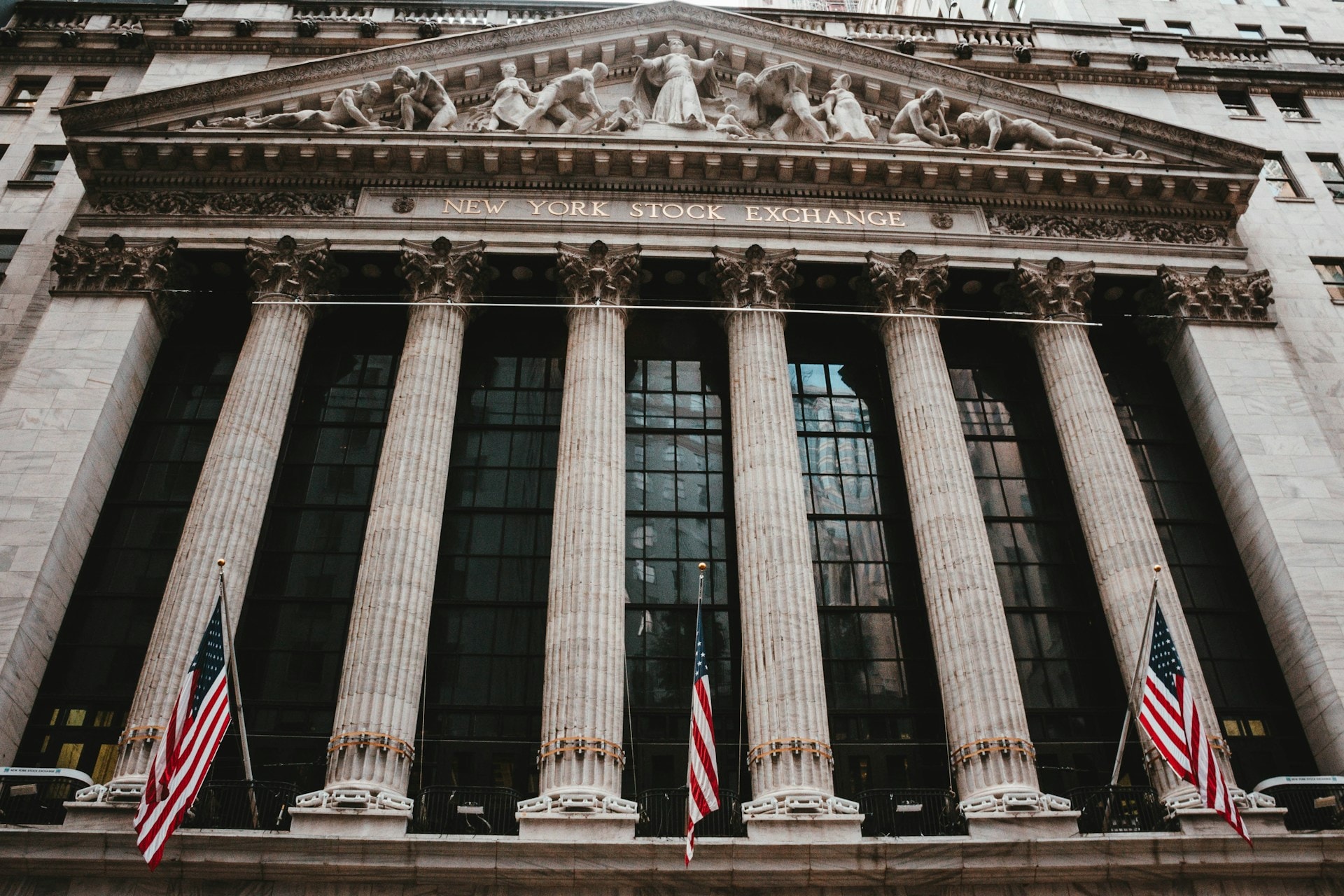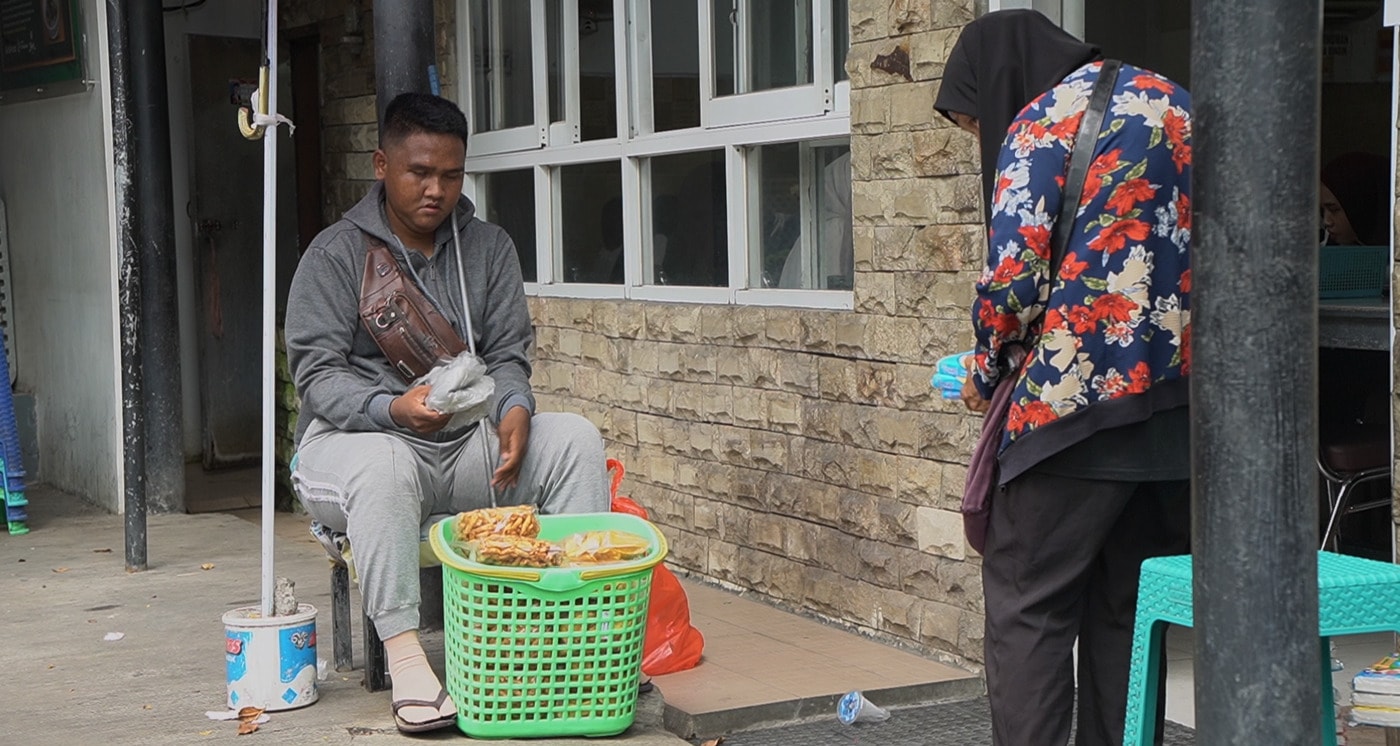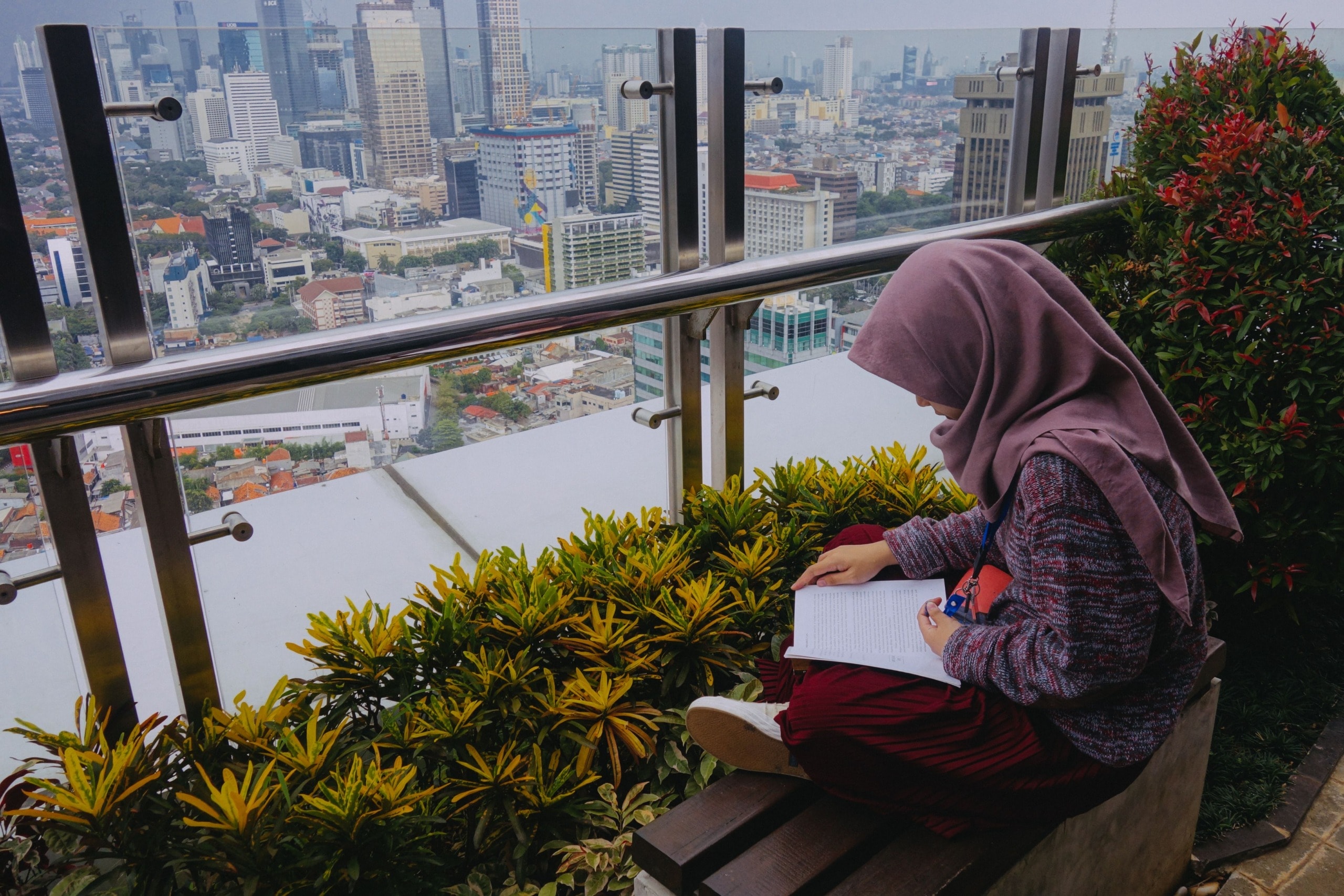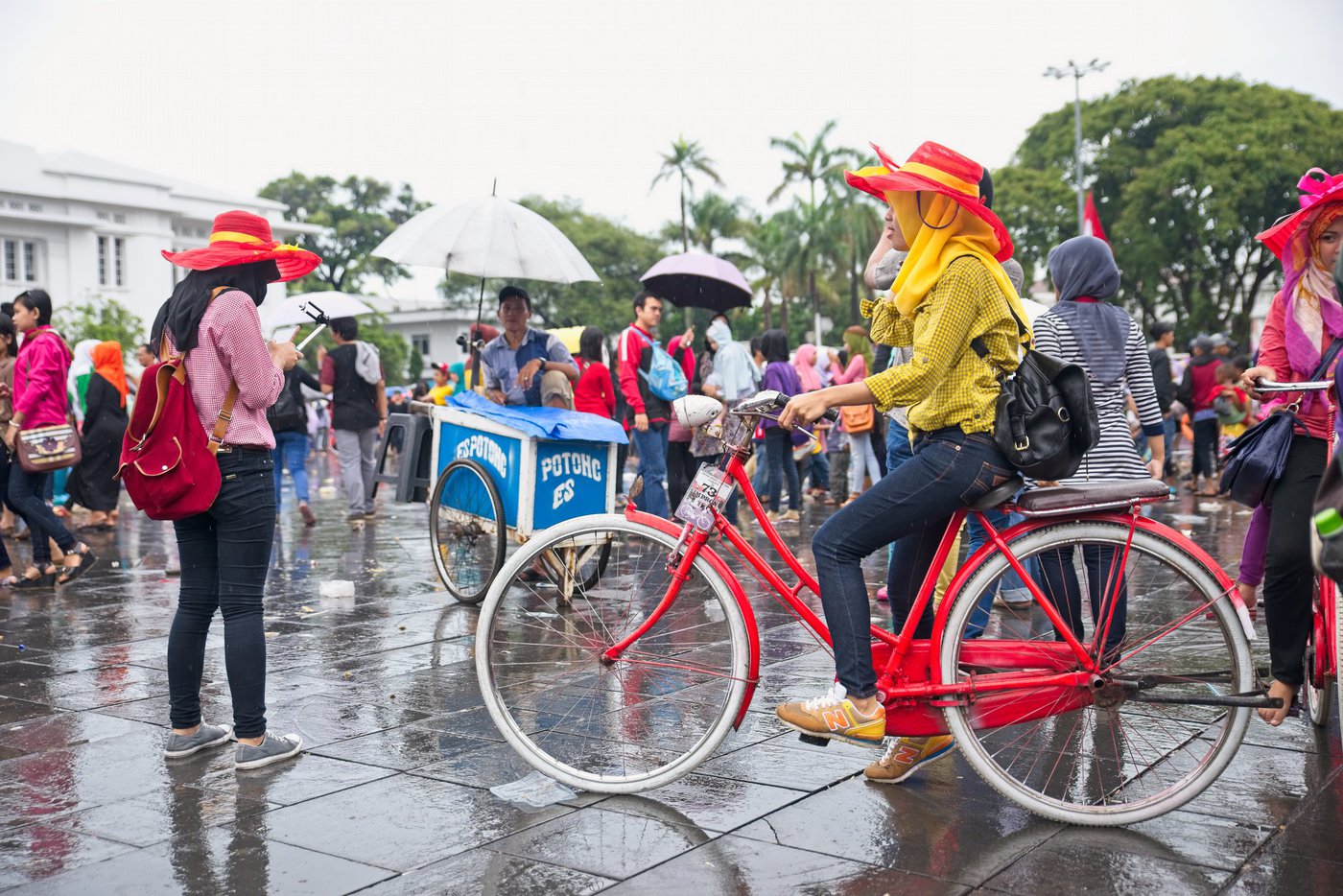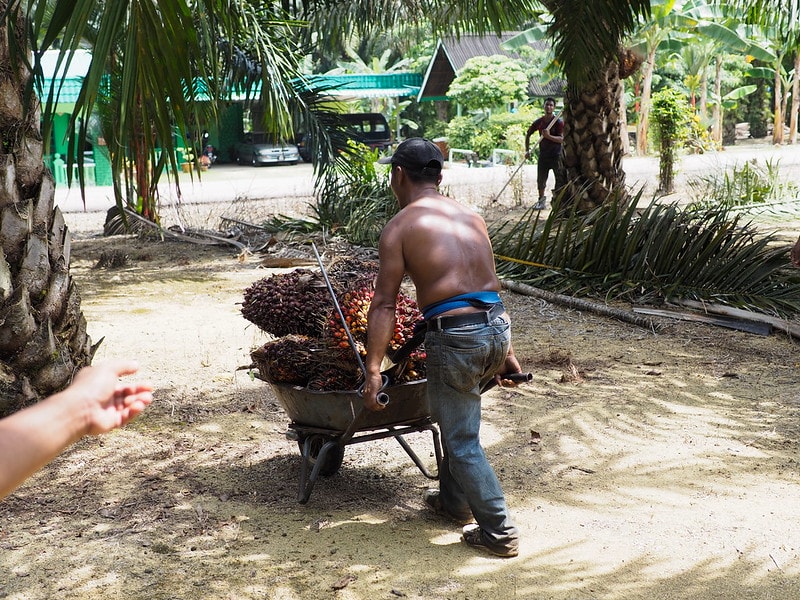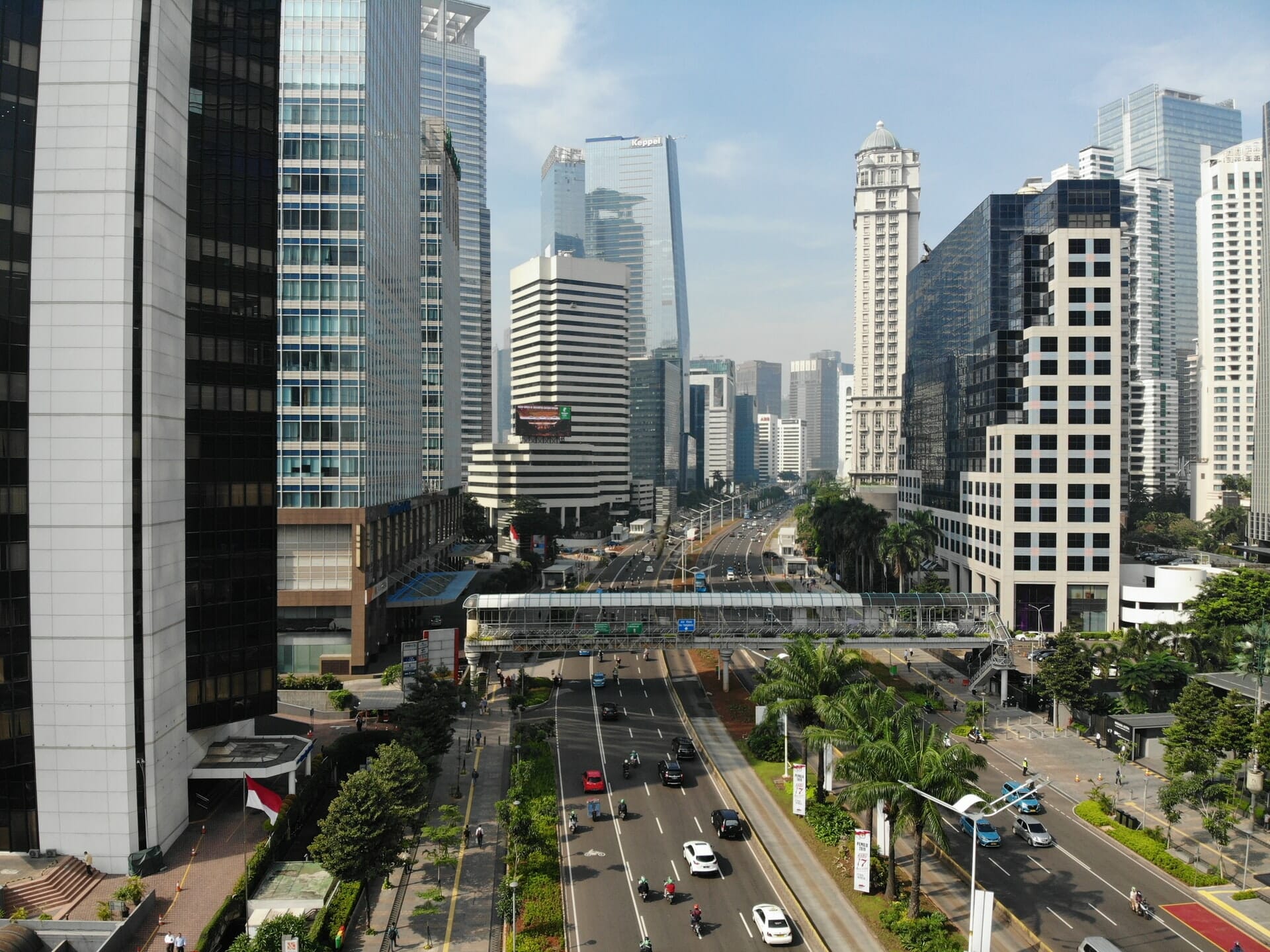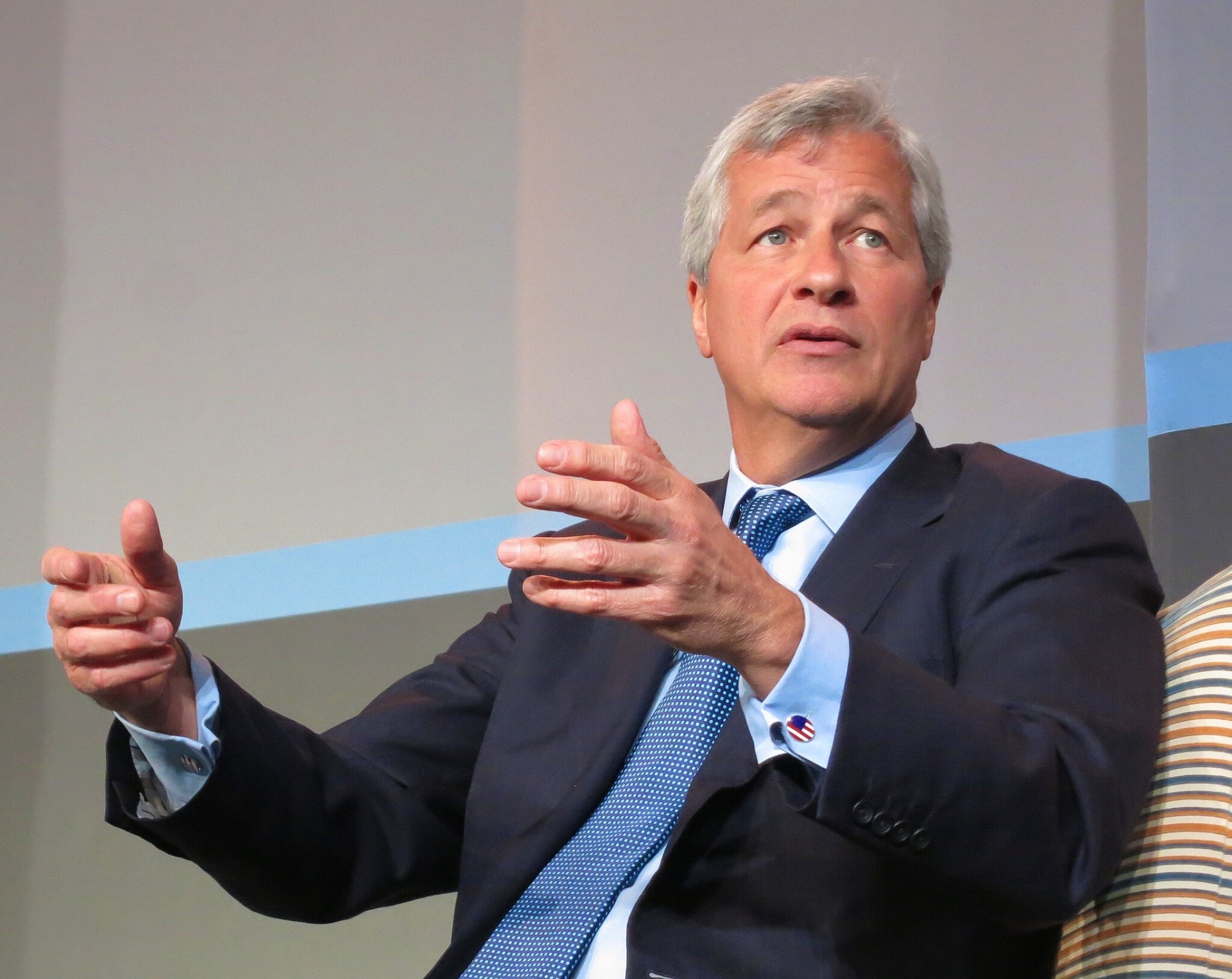Indonesian President Joko Widodo was sworn in for his second and final five-year term on Sunday, October 20, in a ceremony far more modest than his first inauguration in 2014.
In his speech, Joko Widodo elaborated a vision for Indonesia’s future that would set the nation on par with developed countries by its centennial in 2045. He expects poverty, which currently affects roughly 10 percent of Indonesia’s population, to be close to eradicated by then, and for the country’s GDP to reach $7 trillion.
This rosy vision is a sharp contrast to the political, environmental, religious, and economic tensions currently plaguing Indonesian public life. Security at the inauguration itself was high—a reaction to the stabbing of Widodo’s security minister on Oct. 10 by a pair of Islamic militants, an event indicative of rising religious extremism in the country.
Just two weeks ago, student protestors took to the streets in protest of a law that they said would ‘cripple’ the nation’s anti-corruption agency. Two protestors died in violent clashes with police. The protests have undermined Widodo’s credibility, as he had recently won the election after running on an anti-corruption campaign.
The protests were also in opposition to a new criminal code that would outlaw sex before marriage, criticism of the president, Marxist-Leninist teachings, and abortions outside of medical emergency or rape. The code would be a replacement for Dutch colonial legislation established in the early 20th century. Critics understand the criminal code as heavily influenced by conservative Islamic groups. In response to public pressure, the president has since delayed Parliament’s vote on the bill.
Since August, the low-level, ongoing separatist rebellion in Indonesian Papua, the nation’s easternmost province, has flared up into violent anti-government protests. Fueled in part by racism against indigenous Papuans, the unrest has resulted in an internet blackout in the region and 33 Papuan casualties.
Joko Widodo’s running mate and now vice-president, Ma’ruf Amin, is a prominent religious leader whom Widodo tapped in order to bolster support from pious Muslim voters. Amin has been criticized for his support of fatwas against LGBTQ communities and religious minorities, decrees that Human Rights Watch say have legitimized hateful rhetoric and even incited violence against those groups.
Widodo has also recently faced criticism for his handling of the worst forest fires in Indonesia since 2015, which turned the sky over Sumatra blood red and caused respiratory issues for almost one million people. The fires, of which there were estimated to be over 1,200, are started intentionally by agriculturists in order to clear land for farming.
Widodo, who has been compared to former American president Barack Obama and is the first Indonesian president to come from outside the political-business-military complex, certainly has his work cut out for him in the coming term. In addition to handling crises of credibility and mounting violence, Widodo has pledged to continue his efforts to improve Indonesian infrastructure. In his first term, Widodo oversaw a successful opening of the Jakarta subway system after years of postponement under previous leaders.
In the next five years, Widodo and his administration must also face lagging international markets and global trade conflicts that will certainly affect Indonesia’s ability to source international funding.
In what he states is an effort to unite Indonesians and ease political tensions, Widodo has tapped his opponent, former general Prabowo Subianto, to join his cabinet. Nadiem Makarim, the CEO and co-founder of Gojek, a ride-hailing app, will also be joining the Cabinet.
EDITOR’S NOTE: The opinions expressed here by Impakter.com columnists are their own, not those of Impakter.com.Photo Credit:




